(This post is by Mark Paricio, a PolarTREC teacher accompanying the Polaris Project this year.
To read all of Mark’s posts, go to: http://www.polartrec.com/expeditions/siberian-arctic-systems-study )
Inter-NYET
“Nyet” is the Russian word for “No” or “None.” Over the last few days, we have had only “inter-nyet,” – although not technically a Russian or English word, its meaning is clear. Thus, we have been out of touch in terms of posting blogs or looking at email. Apparently, a few hundred meters of wiring went missing between town and here. Even when the internet does work, it is sketchy, slow, and drops frequently but we are glad to have it when it comes. Below is a picture of how some of our Polaris Project team attempted to get internet into “Orbita,” where many of us stay.
Coupled with losing our BGAN satellite terminal at immigration, it has been difficult to get much word out. However, despite our lack of connectivity, life and science has continued to move along well.
Collaboration and Mentoring at the Polaris Project
Everywhere I turn, I see scientists collaborating. For example, when the need for a new type of measurement is encountered, many people get together to create specific and replicable protocols for the field sampling and for the numerous laboratory analyses required. In these conversations, considerable experience and problem solving come into play.
As a teacher, one of the aspects of the Polaris Project’s mission that most excites me is the focus on developing the next generation of polar scientists. Each day, I see a conscious effort on the part of the PI’s (principle investigators) to meet with the graduate and undergraduate students to mentor them. Not only do these Ph.D.’s ask the probing questions that help the students develop well constructed Arctic science projects, they take an interest in the student’s future as well. I have overheard numerous conversations with phrases like, “Have you thought about where you might go for grad school?” or “Have you thought about this potential pathway…”
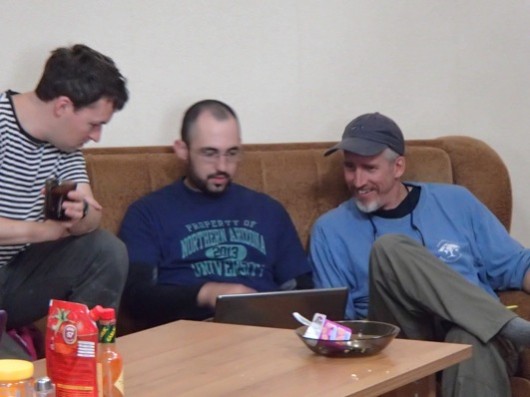
Paul Mann (Left) and Max Holmes (Right) take a look at Alfonso Dominguez’s (Northern Arizona University) data during a mentoring session. The Polaris Project researchers take an interest in both the science and the future of the students.
Judging by the high caliber of people I have met here, I cannot imagine getting better guidance than I see happening each day.
Interacting with our Russian Hosts and Colleagues
Another amazing opportunity for all of us here is the opportunity to work with many Russian students and scientists, as well as our hosts at the Northeast Science Station. The opportunity to see how science bridges cultures is quite worthwhile. I have especially benefitted by working with the Russian drilling and permafrost team (we finished our first 15 m bore hole today!) We passed a horse corral on our walk to the field the other day and Valentin shared how the culture of the people from this area was centered around horses for some time and how this is still the place where the people of Cherskiy come to celebrate summer solstice, the longest day of the year, as a celebration of life.
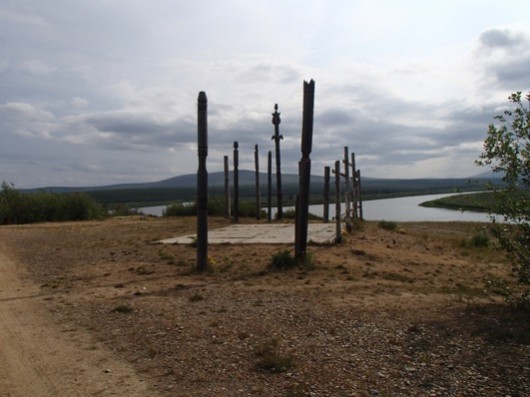
This is an ancient Yakutskian horse corral not far from the science station with the Panteleikha River and Mt. Rodinka in the background. The people of Cherskiy still use it as a gathering site for summer celebrations.
After a long day of hard work, we do occasionally have a chance to sit back and share stories of our lives and even a song or too. On July 4th, the Americans sang the national anthem and the Russians sang a their’s as well. (We couldn’t talk the British in our midst to sing “God Save the Queen.”) A couple of nights ago, Valentin and Sasha shared a few popular songs from a Russian rock group. One of our students, Miles Borgen, reciprocated by sharing a couple of amazing songs as well. There seems to be no shortage of talent in our midst.
Last, just to add a smile to our day, the young daughters of Nakita Zimov, Dasha and Katya, occasionally play in the dining hall and larger rooms in “Orbita,” They definitely keep the “cuteness” factor high!
I encourage you to keep reading about the climate change research going on throughout the world and in other PoloarTREC journals as well. There’s always another generation coming throughout the world that may benefit from what we learn and how we apply these findings.
Stay curious my friends! – Mark Paricio

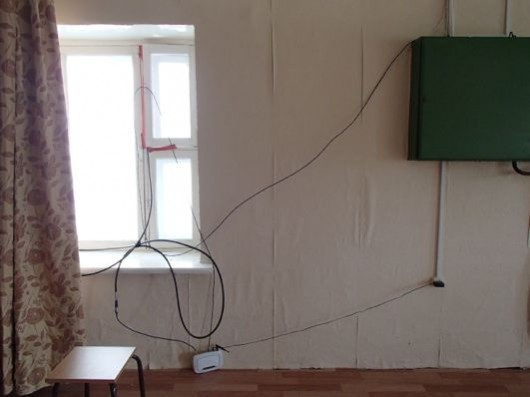
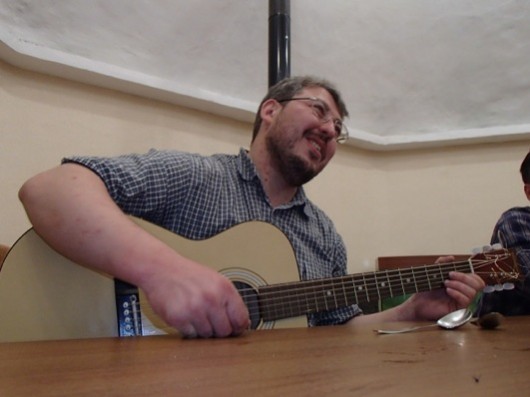
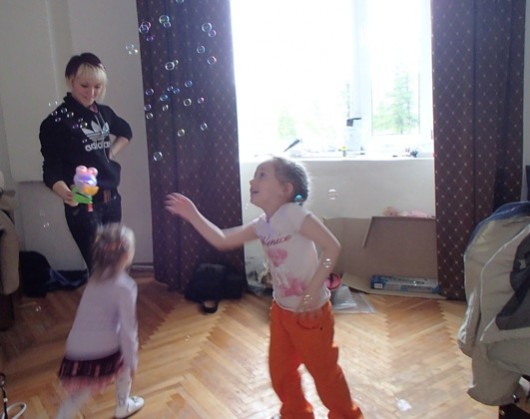

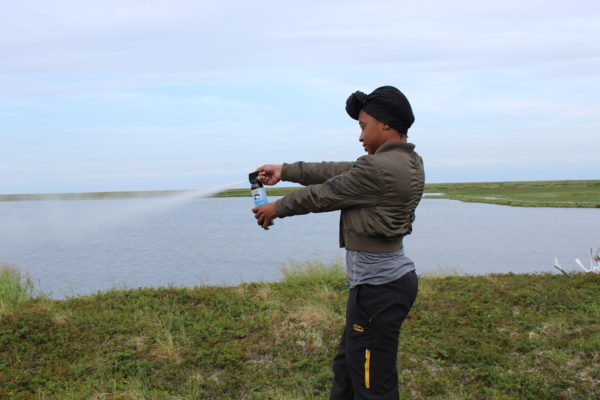
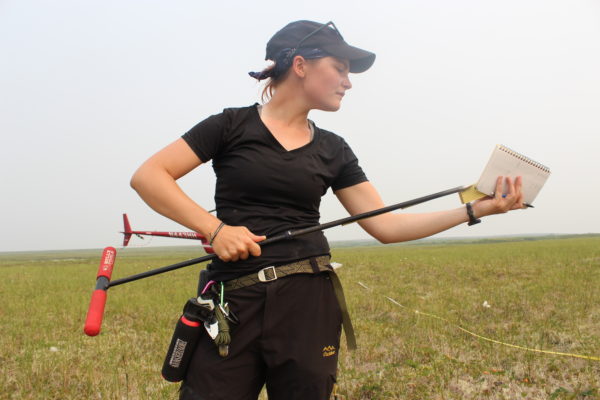
Comment(1)-
a student's mom says
July 11, 2012 at 1:37 pmwow! what fantastic stories and pictures! thanks so much for keeping us up on all the adventures. we are really enjoying your journals!